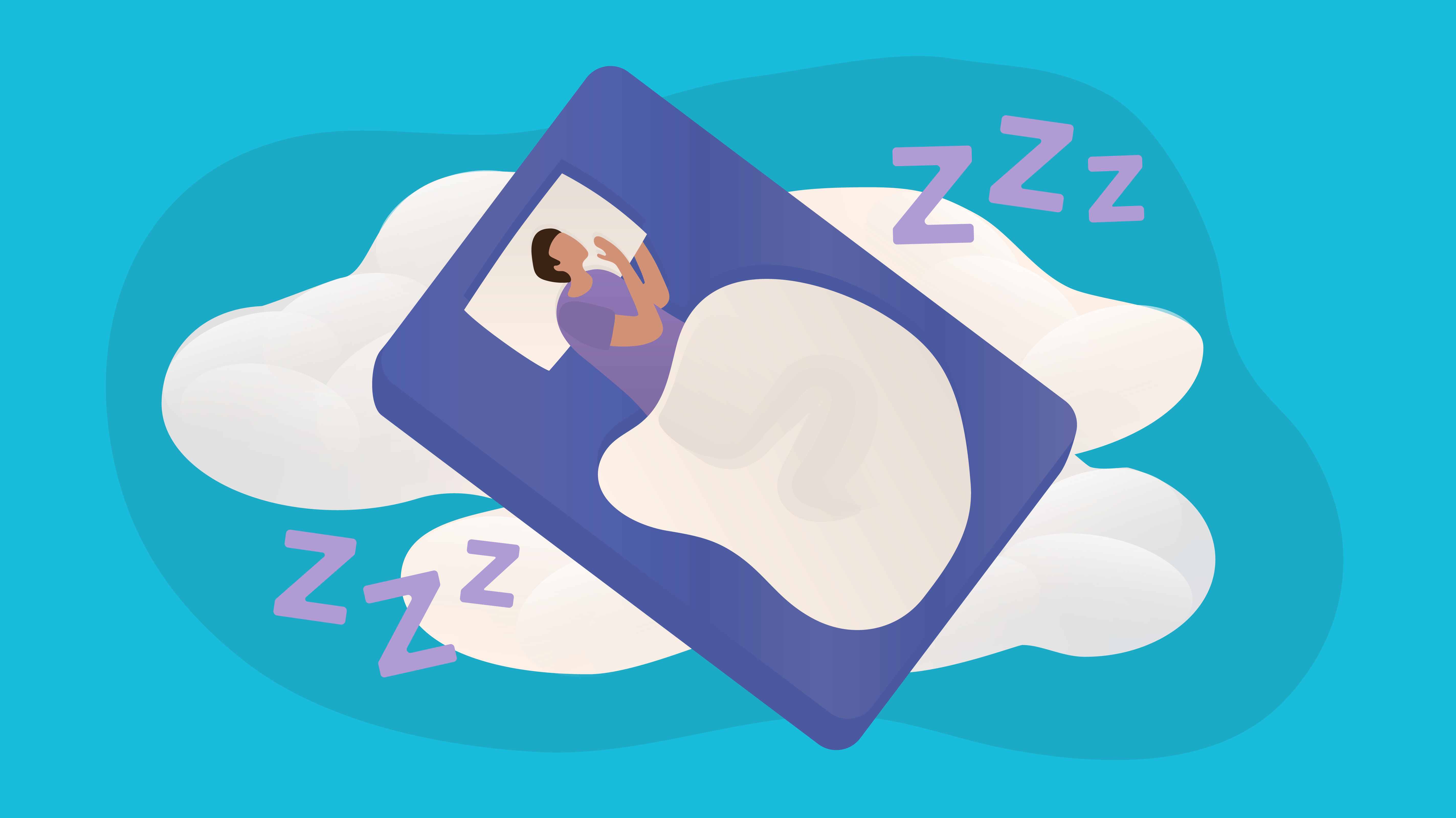Experienced Insomnia Specialist - Personalized Take Care Of Better Sleep
Experienced Insomnia Specialist - Personalized Take Care Of Better Sleep
Blog Article
Efficient Therapy Solutions for Taking Care Of Rest Disorders and Enhancing Peaceful Sleep
In the realm of medical care, the monitoring of sleep disorders and the mission for relaxed rest are crucial elements of overall health. Efficient therapy solutions use a multifaceted strategy to deal with these difficulties, ranging from cognitive behavior treatments to all natural practices that advertise relaxation and mindfulness. The expedition of numerous approaches, including the integration of medicine and light treatment, opens a world of possibilities in the quest of better rest high quality. As we navigate the detailed landscape of rest disorders and look for to enhance our sleep experience, a much deeper understanding of these therapy options might hold the secret to unlocking an extra rejuvenating and satisfying restorative trip.
Cognitive Behavior Modification for Sleeplessness (CBT-I)
Cognitive Behavior Modification for Insomnia (CBT-I) is an organized, evidence-based therapy strategy that concentrates on dealing with the hidden factors contributing to sleep disturbances. This kind of treatment aims to change behaviors and thoughts that intensify sleep problems, ultimately promoting healthy and balanced sleep patterns. CBT-I usually entails numerous crucial elements, consisting of cognitive therapy, sleep limitation, stimulation control, and sleep hygiene education and learning.
Cognitive treatment aids people identify and alter negative thought patterns and ideas about sleep that might be preventing their capability to drop or remain asleep. Rest restriction entails limiting the amount of time spent in bed to match the individual's actual sleep period, therefore increasing rest effectiveness (sleep therapy). Stimulus control techniques help establish a strong organization between the bed and rest by urging individuals to go to bed just when drowsy and to stay clear of taking part in promoting activities in bed
Moreover, sleep health education concentrates on creating healthy and balanced rest habits, such as maintaining a constant sleep routine, creating a relaxing going to bed regimen, and enhancing the sleep atmosphere. By attending to these aspects comprehensively, CBT-I supplies an efficient non-pharmacological treatment for taking care of sleeping disorders and boosting total rest top quality.
Sleep Health Practices
Having developed the foundation of cognitive restructuring and behavior adjustments in dealing with insomnia with Cognitive Behavior modification for Sleeping Disorders (CBT-I), the emphasis now moves in the direction of discovering necessary Sleep Hygiene Practices for maintaining optimum sleep top quality and overall wellness.
Rest hygiene practices encompass a variety of habits and ecological elements that can dramatically impact one's capability to sleep and remain asleep throughout the evening. Consistent sleep and wake times, creating a relaxing going to bed regimen, and maximizing the sleep environment by maintaining it dark, silent, and cool are vital parts of excellent sleep hygiene. Limiting exposure to screens prior to going to bed, preventing energizers like caffeine near to bedtime, and engaging in routine physical task throughout the day can additionally promote better sleep quality.
Furthermore, practicing relaxation techniques such as deep breathing exercises or meditation before bed can help relax the mind and prepare the body for rest. By integrating these rest health methods into one's daily regimen, people can establish a healthy and balanced rest pattern that supports relaxed rest and overall well-being.
Leisure Methods and Mindfulness
Carrying out relaxation techniques and mindfulness methods can play read the full info here a critical role in fostering a feeling of calmness and advertising high quality sleep. sleep improvement therapy. These strategies intend to peaceful the mind, reduce stress and anxiety, and produce an optimum atmosphere for relaxed sleep. One extensively exercised method is deep breathing exercises, where individuals concentrate on slow-moving, deep breaths to kick back the body and mind. Modern muscle mass leisure involves tensing and after that launching each muscle mass team, promoting physical relaxation. Furthermore, guided imagery can assist carry people to a tranquil location in their minds, assisting in stress and anxiety decrease and improving sleep quality.
By integrating these practices into a bedtime routine, people can indicate to their bodies that it is time to take a break and prepare for rest. Generally, incorporating leisure techniques and mindfulness practices can significantly add to handling sleep conditions and enhancing total rest quality.

Medicine Options for Rest Disorders
After exploring leisure methods and mindfulness methods as non-pharmacological treatments for boosting rest quality, it is vital to consider medication options for individuals with rest disorders. In instances where lifestyle modifications and therapy do not supply enough alleviation, medicine can be a valuable click this link tool in handling rest disruptions.
Generally suggested drugs for sleep problems include benzodiazepines, non-benzodiazepine hypnotics, antidepressants, and melatonin receptor agonists. Benzodiazepines, such as diazepam, are sedatives that can help cause sleep, however they are commonly suggested for temporary use because of the danger of reliance. Non-benzodiazepine hypnotics like zolpidem are additionally made use of to deal with sleeplessness and have a reduced risk of dependancy contrasted to benzodiazepines. Antidepressants, such as trazodone, can be beneficial for people with co-occurring depression and sleep disturbances. Melatonin receptor agonists, like ramelteon, target the body's all-natural sleep-wake cycle and can be practical for managing rest patterns.
It is vital for individuals to speak with a healthcare provider to establish one of the most suitable drug option based upon their specific rest problem and case history.
Light Treatment for Body Clock Law
Light therapy, additionally referred to as photo-therapy, is a non-invasive therapy technique made use of to control circadian rhythms and improve sleep-wake cycles. This treatment involves exposure to intense light that resembles natural sunshine, which assists to reset the body's internal clock. By subjecting people to certain wavelengths of light, normally in the morning or night depending upon the wanted result, light treatment can efficiently change the body clock to advertise wakefulness throughout the day and boost restful sleep at evening.
Research has revealed that light treatment can be specifically valuable for people with sleep treatment circadian rhythm disorders, such as postponed sleep stage syndrome or jet lag. It can additionally be valuable for those experiencing seasonal depression (SAD), a sort of anxiety that usually takes place during the winter season when all-natural light exposure is decreased. Light therapy is normally well-tolerated and can be made use of along with other treatment techniques for rest disorders to optimize outcomes and improve total sleep quality.
Conclusion
To conclude, reliable treatment options for handling sleep problems and enhancing relaxed rest include Cognitive Behavior modification for Insomnia (CBT-I), sleep health practices, relaxation techniques and mindfulness, medicine alternatives, and light treatment for circadian rhythm policy. These methods can aid people enhance their sleep high quality and total wellness. It is very important to speak with a doctor to establish one of the most appropriate approach for resolving sleep concerns.
As we navigate the detailed landscape of rest conditions and seek to enhance our rest experience, a much deeper understanding of these therapy solutions might hold the secret to opening a more relaxing and satisfying restorative journey.
Rest limitation involves restricting the quantity of time spent in bed to match the person's actual rest period, consequently increasing sleep effectiveness. Consistent sleep and wake times, developing a relaxing bedtime regimen, and maximizing the sleep setting by keeping it dark, peaceful, and cool are important parts of great rest hygiene. Light therapy is normally well-tolerated and can be used in conjunction with other treatment approaches for sleep disorders to maximize outcomes and enhance total rest quality.

Report this page